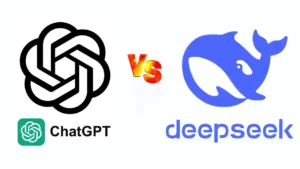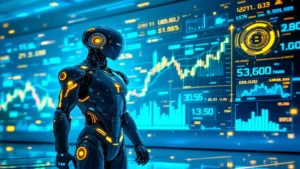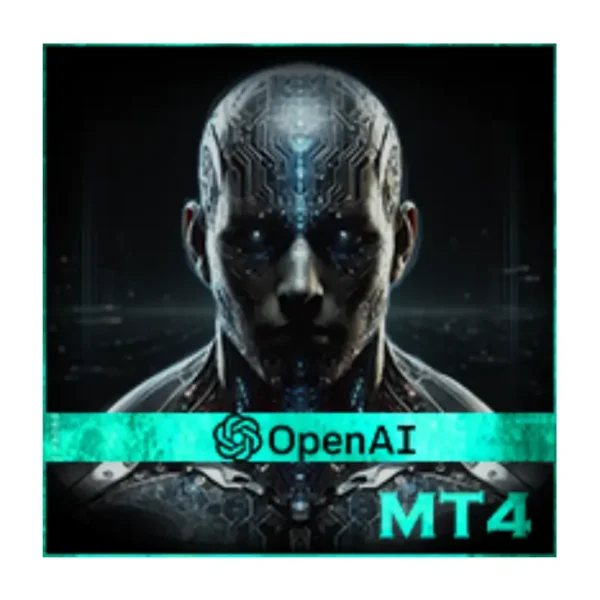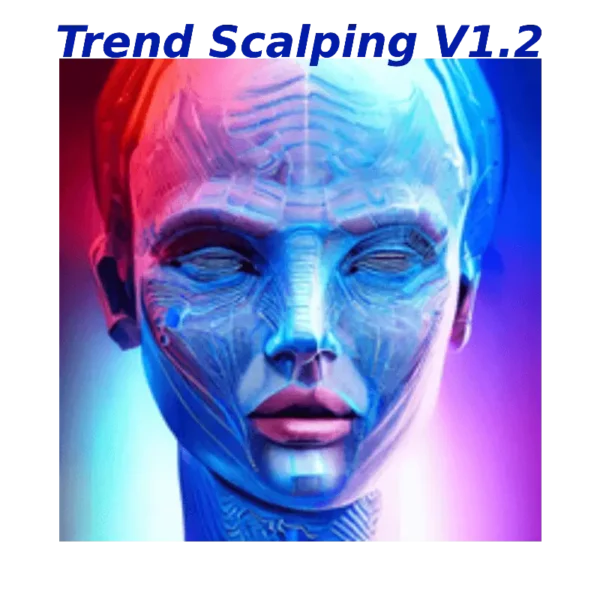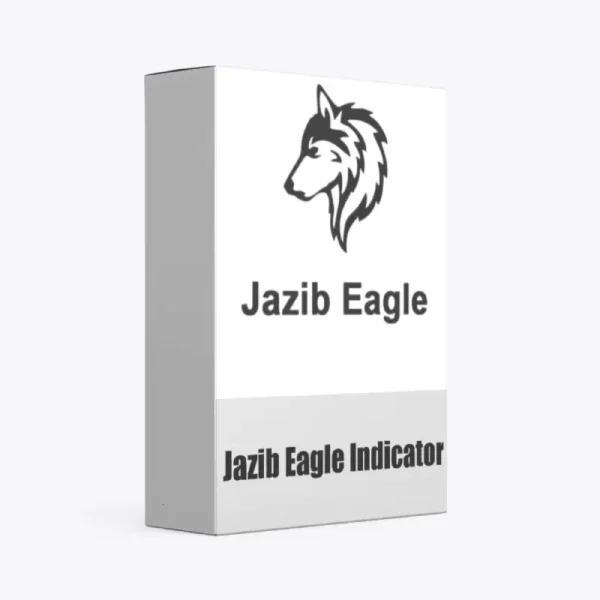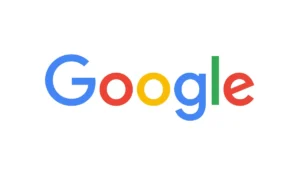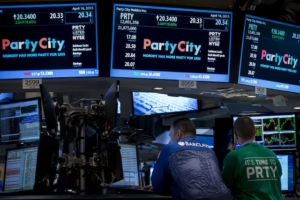Google Introduces Generative AI Agents: A New Era of Autonomous Systems
Google has revealed a revolutionary whitepaper exploring Generative AI agents, redefining artificial intelligence capabilities. These advanced systems promise autonomous decision-making, seamless task execution, and transformative applications across industries.
What Are Generative AI Agents?
What Are Generative AI Agents? Google’s Groundbreaking Innovation Explained-
Generative AI agents are autonomous systems designed to complete tasks by observing their environment, leveraging external tools, and working toward specific goals. Unlike traditional language models, these agents integrate real-time tools and information, making them capable of complex reasoning and independent execution.
According to Google, these agents combine cognitive reasoning frameworks with orchestration layers, enabling efficient task management and execution. They bridge the gap between AI and real-world applications.
Core Features of Generative AI Agents
1. Advanced Architecture
Google’s whitepaper highlights the layered structure of these agents, focusing on reasoning, planning, and task execution.
2. Tools and Integration
Generative AI agents use tools like Extensions and Functions to connect with external systems such as APIs and databases. This enables them to provide dynamic, real-time solutions for complex tasks.
3. Data Stores for Relevance
These agents rely on Data Stores to access accurate and updated information, ensuring their responses are always contextually relevant and timely.
Real-World Applications
Google’s whitepaper illustrates several practical use cases for Generative AI agents. One example includes booking flights by interacting with multiple APIs to offer users real-time, tailored solutions.
Moreover, Google promotes its Vertex AI platform, which simplifies agent deployment. Developers can define objectives, set workflows, and create customized AI systems to meet specific requirements.
Generative AI in the Workforce
OpenAI’s CEO Sam Altman also discussed the rise of AI agents, predicting that by 2025, these systems could join the workforce. Altman highlighted their potential to transform productivity by automating tasks that currently require human intervention.
Future Implications
Generative AI agents have the potential to revolutionize industries by automating complex processes and adapting to dynamic environments. With platforms like Vertex AI supporting their integration, these systems are poised to become an integral part of the AI-driven future.
FAQs
1. What makes Generative AI agents different from traditional AI models?
Generative AI agents are autonomous and use tools to interact with external systems, enabling them to perform tasks independently.
2. What are the core applications of Generative AI agents?
Applications include task automation, real-time problem-solving, and integration with APIs for seamless user experiences.
3. How do Generative AI agents ensure relevant outputs?
They use Data Stores to access and update real-time information, maintaining accuracy and contextual relevance.
4. What is Google’s Vertex AI platform?
Vertex AI is a platform that allows developers to build and deploy Generative AI agents efficiently.
5. When will AI agents become a part of the workforce?
Experts, including Sam Altman, predict that AI agents will join the workforce as early as 2025.

